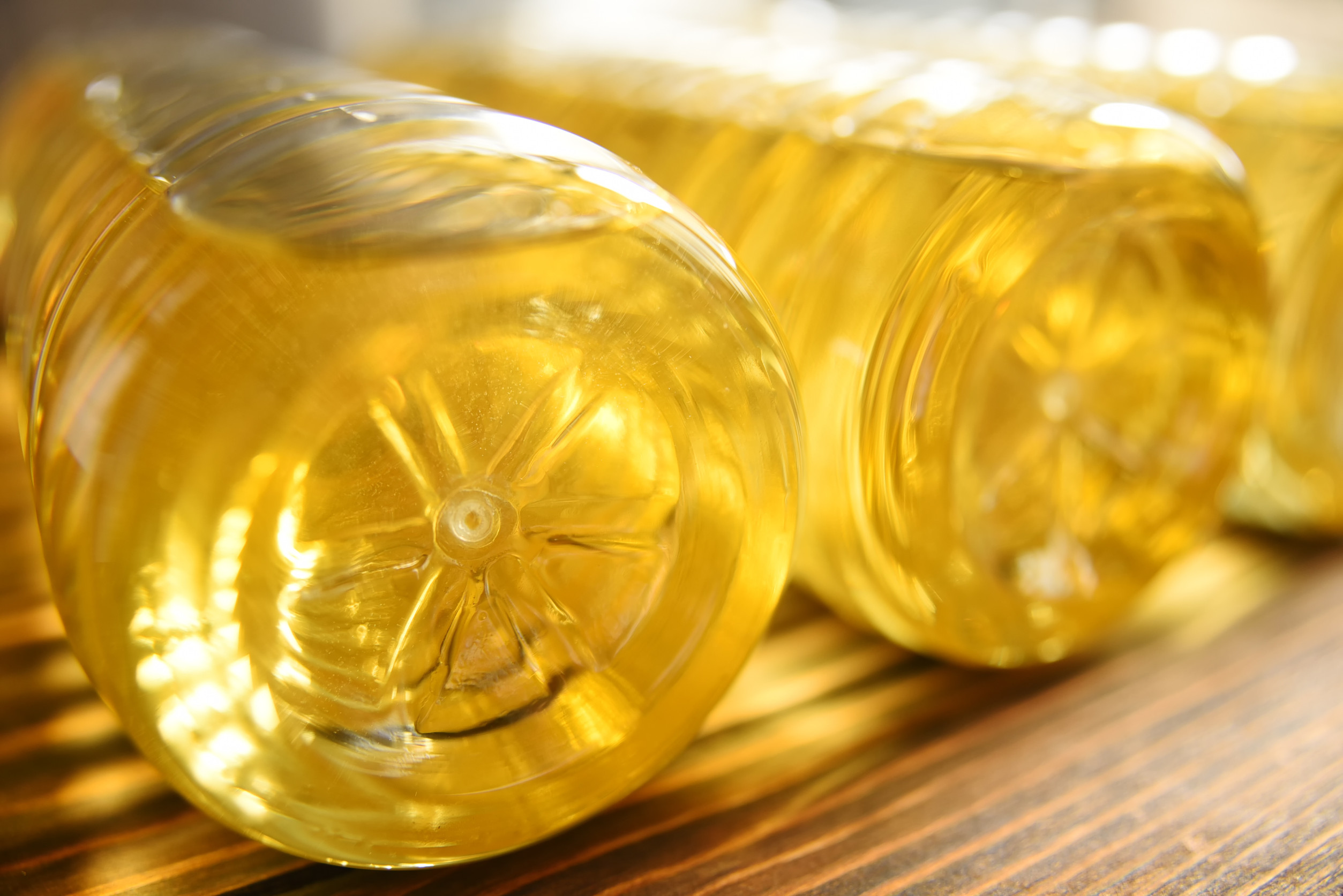It’s unfortunate, but creating many of our products these days can also create harmful waste. We love finding stories about businesses and scientists repurposing waste to improve life.
Scientists from Nanyang Technological University, Singapore and ETH Zurich, Switzerland have discovered a way to turn a byproduct from vegetable oil production into a membrane that filters heavy metals out of water.
“Water pollution remains a major global issue in many parts of the world,” said Ali Miserez, study author and professor at Nanyang Technological University. “Heavy metals represent a large group of water pollutants that can accumulate in the human body, causing cancer and mutagenic diseases. Current technologies to remove them are energy-intensive, requiring power to operate, or are highly selective in what they filter.”
The researchers observed that the proteins in oilseed meals, the waste byproduct from sunflower and peanut oil, were very greatly attracted to heavy metal ions. So, they tested this in water to see if they could use it to decontaminate it. They turned the oilseed meal into nano-sized protein amyloid fibrils and combined these with activated carbon. They then tested it on three kinds of metal: platinum, lead, and chromium.
These membranes were 99.89 percent effective at filtering out the heavy metals, and they were most effective with lead or platinum.
“The filter can be used to filter any sorts of heavy metals, and also organic pollutants like PFAS (perfluoroalkyl and polyfluoroalkyl substances), which are chemicals that have been used in a wide range of consumer and industrial products,” said Prof Miserez. “The amyloid fibrils contain amino acid bonds that trap and sandwich heavy metal particles between them while letting water pass through.”
Not only is this highly effective, but it is also cheap. Because this is essentially a throw-away waste product repurposed into a filter, its active ingredient is already being produced. It is also scalable and can be produced in sizes to meet a variety of needs.
Source Study: Chemical Engineering Journal — Plant-based amyloids from food waste for removal of heavy metals from contaminated water – ScienceDirect










